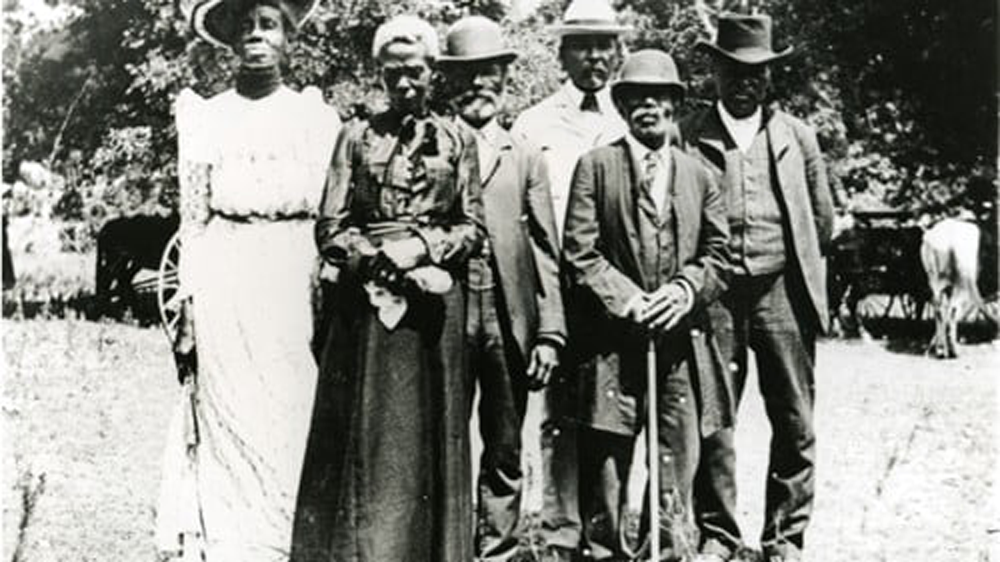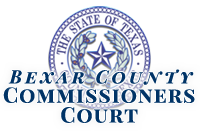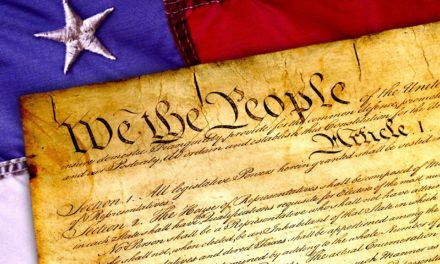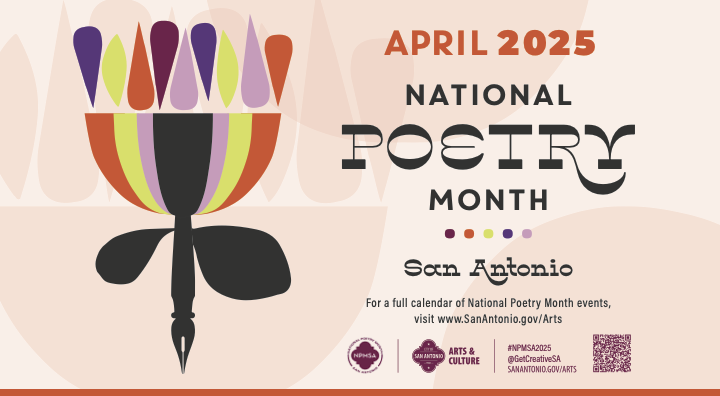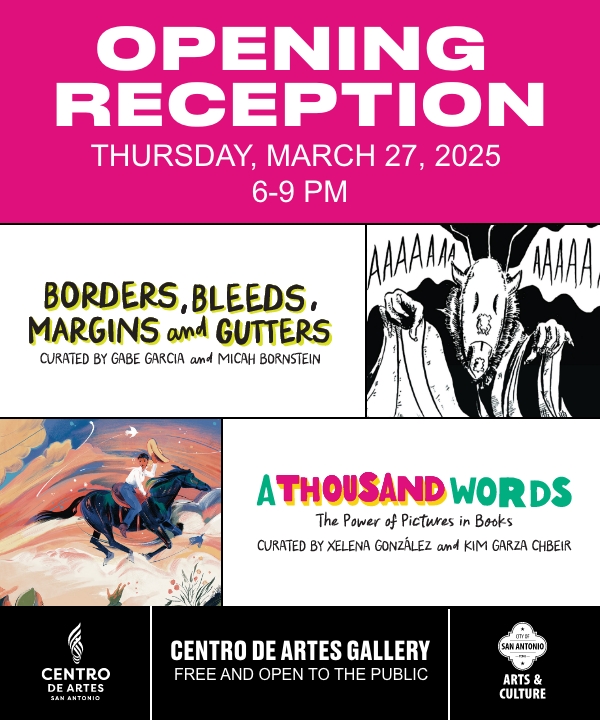Perhaps the most significant turning point in the contemporary recognition of Juneteenth occurred in 2020 in the wake of the death of former Houston resident George Floyd at the hands of Minneapolis police officers. That year, immeasurable Juneteenth observations also called for police reforms. University of Texas African American history professor Daina Ramey Berry, a guest for the New York TimesJuneteenth podcast, noted, “When I think about Juneteenth as Emancipation Day, and I think about this moment, I feel like we still need to be emancipated.” Opal Lee, a ninety-three-year-old retired Fort Worth educator and civic leader, also saw the 2020 Juneteenth celebration as the opportunity to call greater attention to her more than forty-year quest to ensure that the day became a national holiday. By late June 2020 her petition to achieve that goal had reached one million signatures. Moreover, in 2020 residents in all major regions in the state observed the event, but due to the coronavirus pandemic that limited public gatherings, celebrations were held through online communications platforms. Thus in 2020, at a critical juncture in the state’s and nation’s history, Juneteenth became a celebration of freedom steeped in the centuries-long struggle to end racism in America.
Section 107.
The long struggle to create a national holiday in recognition of Juneteenth finally arrived on June 17, 2021. On that day, President Joseph Biden signed into law a bill creating Juneteenth National Independence Day. Opal Lee of Dallas, the most famous proponent of the holiday, was present at the signing. This momentous event arrived nearly 156 years to the date that General Order Number 3 was delivered in Galveston. The long-awaited federal recognition of Juneteenth was greeted in Galveston similarly to the event of June 19, 1865, as a joyful and important occasion. The city’s 2021 celebration included the dedication of the Absolute Equality mural by Houston-based artist Reginald C. Adams. The mural’s title is drawn directly from the language of General Order Number 3. The reading of the Emancipation Proclamation at Ashton Villa, the Emancipation March, and the Juneteenth Festival featuring music, food, and fireworks were part of the triumphant celebration.
Original version of General Order No. 3 from General Gordon Granger. Courtesy of the United States National Archives. Image available on the Internet and included in accordance with Title 17 U.S.C. Section 107.
Major General Gordon Granger. Courtesy of the Library of Congress. Image available on the Internet and included in accordance with Title 17 U.S.C. Section 107
54th Anniversary of Emancipation on Juneteenth. Courtesy of DeGolyer Library, Southern Methodist University. Image available on the Internet and included in accordance with Title 17 U.S.C. Section 107
Juneteenth celebration in 1900 in Austin, Texas. Image available on the Internet. Image available on the Internet and included in accordance with Title 17 U.S.C. Section 107. JUNETEENTH

